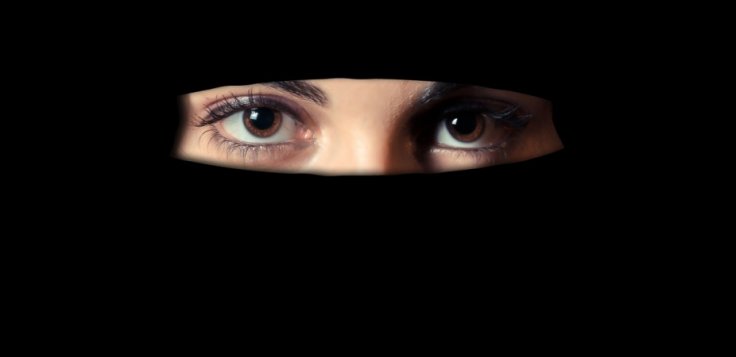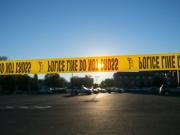
In the aftermath of the serial bombings which rocked the tiny island nation of Sri Lanka, a parliamentarian stirred the pot even more by calling for the ban of the burqa or the piece of usual cloth worn by Muslim women to cover their faces.
Muslims in the country are afraid that they will face the repercussions suicide bombings which targeted churches and high-end hotels on Sunday which was also Easter, a holy day for Christians.
Ashu Marasinghe, the MP who submitted the private member's motion to the parliament, said that the burqa is a "not a traditional Muslim outfit" and asked for it to be banned across the country. According to News18, the burqa was not compulsory or even a traditional outfit for women in Sri Lanka till the 1990s when extremist groups brought it back.
For the past two days, many Muslim women donning burqas in Sri were denied entry into convenience and grocery store because of their attire and its relationship with the religion.
This call for the burqa ban came after intelligence revealed that many burqa-clad women were involved in the worst terror attack in the country in a decade. The Islamic State of Iraq and Syria, commonly known as the ISIS, claimed responsibility for the widespread attacks saying that this was revenge for the mosque massacre in Christchurch in New Zealand which killed 50 Muslim worshippers.
What are the Muslim organisations' comments to the call for the burqa ban?
The authorities are consulting with Muslim authorities regarding the issue. Citing the issue as sensitive, Mohammed Hashim Abdul Haleem, the Islamic Affairs Minister told The Independent that the country's security is currently the most important.
He said, "But right now our nation's security is of utmost importance, as a community we must be mindful of and support the security forces in every way possible."
Talking about the Tamil problems which went on till 2009, Haleem said that now, only more terrorists have been created. He said, "But right now our nation's security is of utmost importance, as a community we must be mindful of and support the security forces in every way possible."
He added, "But it is our responsibility to coordinate with the Muslim leaders and the community and come to a consensus with the security of the entire nation as our top priority. The time is ripe to have a dialogue on the matter of the burqa."
However, the president of the All Ceylon Jamiyyathul Ulama, Mufti MIM Rizwe, had a differing opinion and told The Independent that there are more important matters to look into than the burqa ban. He said that terror groups need to be banned first since they are "committing atrocities in the name of God and the Quran."
France has a burqa ban since 2011.
What can be called "burqaphobia" is not exclusive to Sri Lanka. In 2011, France had banned any piece of clothing which fully covers the face of a person, thus extending it to burqas. The proposal was agreed to since the French government said that the country was a secular one and religion should be practised indoors. News18 states that the burqa ban in France was actually disadvantageous for the Muslim women residing in the country since they chose not to leave their houses without covering their faces.








